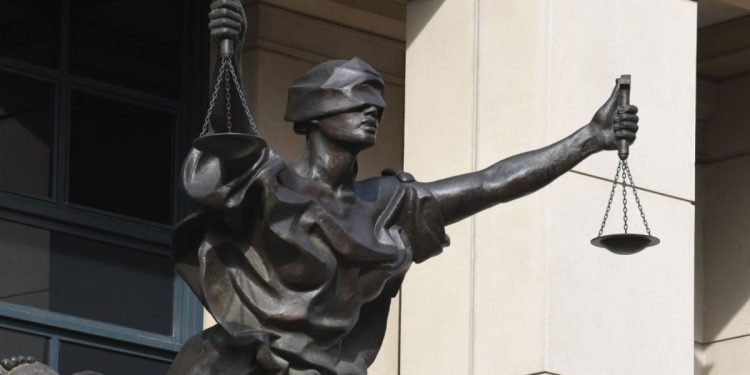A former Northeastern University employee was found guilty by a federal jury for orchestrating a false bomb threat on the university’s Boston campus back in 2019.
A federal court in San Antonio found Jason Duhaime, a 46-year-old resident of the city, guilty of intentionally conveying false and misleading information about an explosive device and making two materially false statements to a federal law enforcement agent. The court charged him with one felony count for the former and two counts for the latter offenses.
The court has set Oct. 2 as the date for his sentencing hearing. It’s worth noting that each of the three felony charges carries a maximum prison sentence of five years.
According to a statement by Acting United States Attorney Joshua Levy, bomb hoaxes, such as the one created by the defendant in this case, have serious real-life consequences. These incidents instill fear among communities, divert law enforcement personnel from their important duties, and result in significant financial repercussions.
“We will work closely with our local, state, and federal partners to hold accountable those who attempt to inject fear and distress into our community as we witness a surge of bomb hoaxes in schools, houses of worship, and other gathering places.”
According to the Justice Department, in September 2022, Duhaime, who was then the director of the Immersive Media Lab at Northeastern’s Boston Campus, reported to 911 that he was injured by shrapnel coming out of a plastic suitcase he had opened inside the lab.
According to Duhaime, he and a student worker retrieved multiple packages from the mail area and transported them to the lab, as he informed the dispatchers.
According to him, the case that caused his injury also had a threatening note with violent undertones. The anonymous note stated that they could have planted explosives, but refrained from doing so this time. The note warned him that he had two months to take down their operations or face dire consequences, as they were closely monitoring his actions.
A report that turned out to be false caused the Boston Police Department’s bomb squad to take action, along with several federal and state law enforcement agencies. As a result, a portion of the campus had to be evacuated for safety reasons.
Upon investigation, it was concluded that there was no presence of explosive material at the location. Additionally, the injuries sustained by Duhaime were not in line with those typically caused by an explosion.
Upon conducting a forensic analysis of a laptop found in Duhaime’s office, it was discovered that an exact electronic copy of the anonymous threat letter he had reported to be in the case was present on the device.
As per the court records, the letter was produced and printed only a few hours before Duhaime dialed 911.
It took authorities almost a month to apprehend Duhaime. However, they refrained from speculating on the motive behind the crime.










